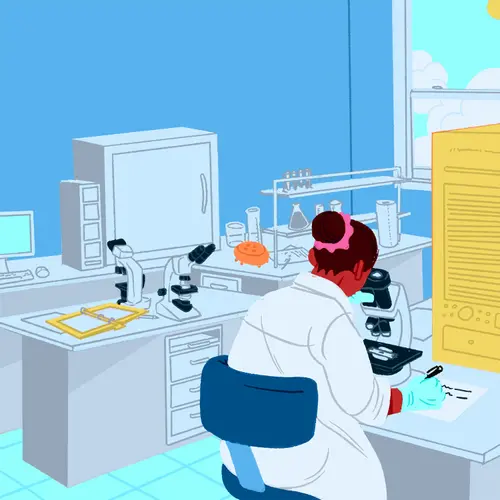Imagine you wake up one day, and suddenly everyone around you speaks a language you don’t know. Or you understand what they say, but when you try to talk, the wrong words come out. Or you can’t speak at all.
That’s what it can be like for someone who’s had a stroke. If you’re caring for a loved one in recovery, communication problems can feel like a wall between you. Even if they can think clearly, you may struggle to connect with them.
Communication problems after a stroke tend to get better with time and treatment. And there are many ways you can help your loved one regain the skills they lost.
How Strokes Affect Communication
About 1 in 3 people who’ve had a stroke have some trouble with language -- like talking, understanding speech, reading, or writing. The specific effects depend on where the stroke happened in the brain. There are two basic types of issues.
Language Problems: Aphasia
Aphasia has to do with how people process language -- spoken or written -- in their brains. A person who has had a stroke may think as well as they did before the stroke, but they struggle to use or understand language. There are many types of aphasia with different symptoms.
Some people with aphasia can understand language, but can’t speak. Others can talk, but they don’t make sense -- their sentences are jumbles of random or made-up words. Aphasia can also make it hard or impossible to read or write.
Speech Problems: Dysarthria and Apraxia
People with speech issues understand language. They also know what they want to say and how to say it. But their bodies won’t cooperate. The muscles in their tongue, lips, and other parts may be too weak for speech. Or their brains can’t send the right messages to get those muscles to work in sync. Examples of speech problems are:
- Dysarthria. A person can’t speak clearly and slurs their words. They may have trouble talking with a normal tone. They might also talk too softly or slowly.
- Apraxia of speech. They may struggle to say words correctly, because they can’t get their tongue or lips to work quite right. They may speak slowly, with long pauses, and struggle with longer words and certain sounds.
Other problems after a stroke can affect communication, too. For example, your loved one may struggle to pick up on social or emotional cues during a conversation. Or they may have mood or memory problems that make it harder for them to express themselves.
Treatments for Communication Problems
It’s best to start rehab as quickly as possible after a stroke. Speech and language therapists can help with many types of communication problems. They can:
- Help people relearn skills, like recognizing and sounding out letters
- Teach people and their families how to use communication tools, like charts, electronic devices, and more
- Teach exercises to build strength in the mouth or tongue muscles (for people with dysarthria)
Other treatments for communication problems after a stroke include:
- Melodic intonation therapy, where people learn to sing words they can’t say
- Art therapy
- Group therapy and support groups
Scientists are studying whether some types of medications could treat language problems, too.
How to Help Your Loved One
Practice. It takes a lot of work for someone to relearn how to communicate. Your loved one will need to practice skills and exercises. Set aside time to help, and try to be patient and positive. They’ll probably make mistakes, but encourage them not to give up.
Make it easier to focus. When you want to talk to them, turn off the TV. Stay out of noisy areas. Face them when you’re speaking so they can see you.
Be clear. Introduce the topic you want to talk about and ask yes-or-no questions. During a conversation, sum up what you’ve discussed or agreed on.
Speak in a normal way. You don’t need to talk louder or use baby talk. Assume that they can hear and understand what you’re saying, unless you know otherwise.
Be open to different ways of communicating. Writing pads, cue cards, pictures, gestures, and computer programs can help you connect. See what works.
What to Expect
You can’t predict how a person will recover from a stroke. But usually, communication problems improve naturally over weeks and months. The brain can often adapt and pick up new skills to make up for some of what it lost.
However, some people do have lasting communication problems. So you may need to learn new ways to connect with your loved one. When you work together and try different techniques, you can continue to improve how you communicate, and find a common language you can share.

